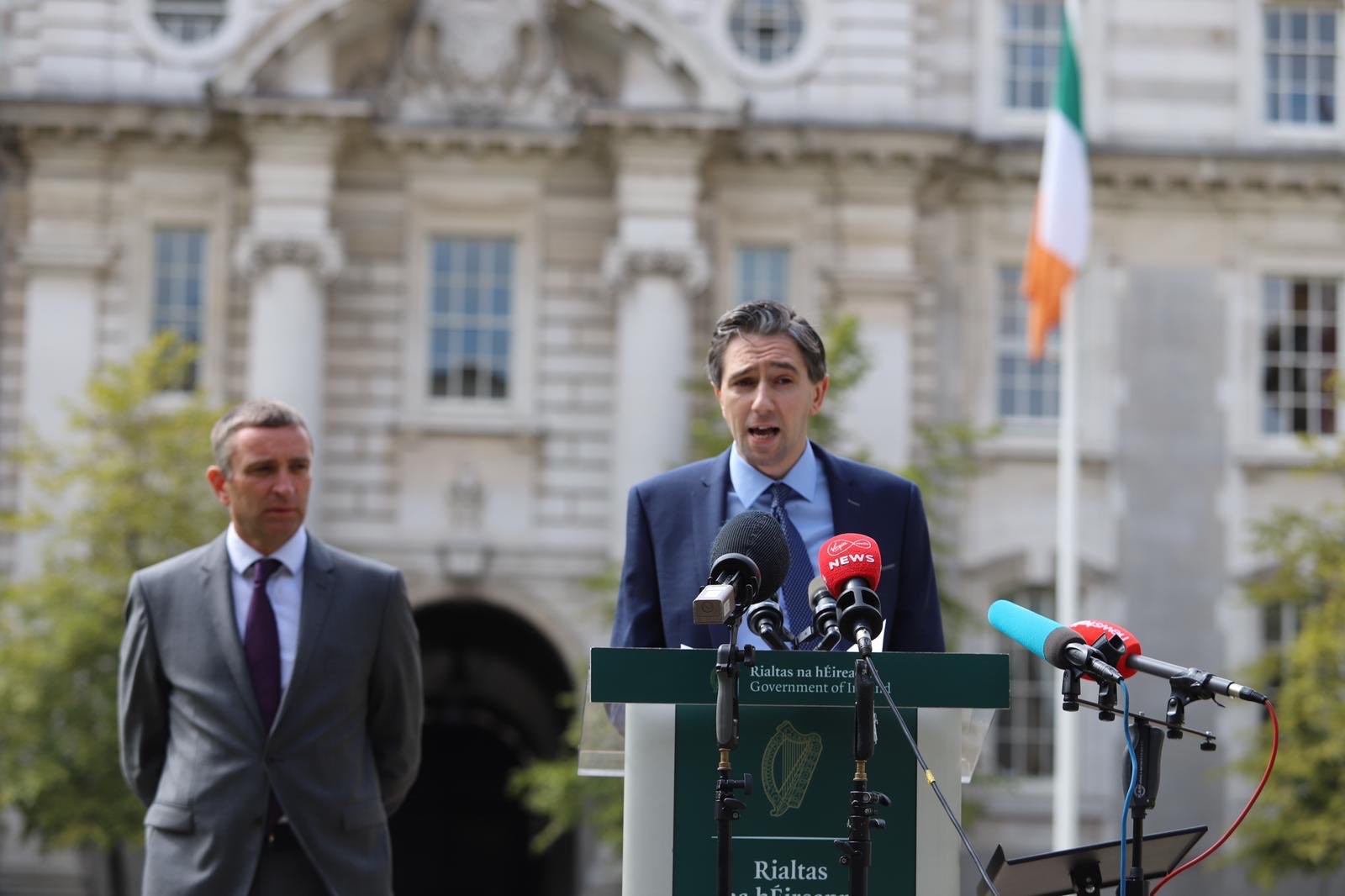Simon Harris has said that “2021 has to be the year” to settle the question of higher education funding, which has plagued Irish politics since 2016 when a government report found the current model of funding to be unsustainable.
The 2016 Cassells Report outlined three options for how higher education in Ireland could be funded going forward. These included student loans, making higher education free at the point of access with state funding increasing from 64% to 80%, or an entirely state-funded system in which students would receive free education.
Minister for Further and Higher Education Simon Harris has stated: “My own instinct… is that I don’t like this idea of the student loan attached to education”.
Speaking in front of an Oirchtas committee, Harris noted that “as a political system we have shirked our responsibilities in relation to this for far too long”, adding that “is there anything to be said for another report?”, has been the attitude from all parties for too long.
Responding to a question from Tim O’Callaghan TD on what he would like to achieve in terms of “putting in place a reliable and secure method of funding for third level institutions”, Harris said that he does not like the idea “of students emerging from third level heavily indebted”.
Harris stated that the Cassells report is currently undergoing an economic evaluation with input from the EU commission which is due to be completed at the start of 2021, at which point he hopes to take the issue forward. This suggests that no major changes to the way in which higher education is funded will be made in this week’s government budget.
Speaking at the meeting of the joint committee on further and higher education, research, innovation and science, Senator Rónán Mullan, who is elected by the National University of Ireland Seanad constituency, put forward the argument in favour of a loan scheme.
Mullan stated that “it remains a fact that those who avail of a third level education have their chances greatly improved in life”.
“Isn’t it reasonable that we would at least begin a debate about coming up with a system that would involve the financing of third level education through a system of student loans… whereby the repayment of such loans would be contingent on the eventual earning power of students who go through college”, he added.
Harris responded that his “personal view” was different from that of Senator Mullens’, adding “I think we should be trying to move into a space where undergraduate courses are an extension of the education system that we have in primary and secondary school”.
Senator Mullen’s views were echoed by the committee chair Paul Kehoe TD who stated that a “wider debate is required to look at the different funding models.” Kehoe advocated for an “Australian style” approach, where a student loan system is currently in place.
Last year, the Irish Universities Association (IUA) calculated that state funding per student for third level institutions was over 40% lower than it had been a decade ago.
In budget 2020 an increase in investment of €74 million for higher education was announced, provided by a 0.1% increase to the National Training Fund, a levy on employers.
The IUA argued that the budget “did not address the growing gap in core funding of our third level system”, stressing that while higher education continues, in their view, to be underfunded “Upcoming generations of students will be short changed, Ireland risks becoming less competitive, universities continue to slip down the international rankings, and employers may seek to locate elsewhere in Europe where suitably qualified talent is available”.






